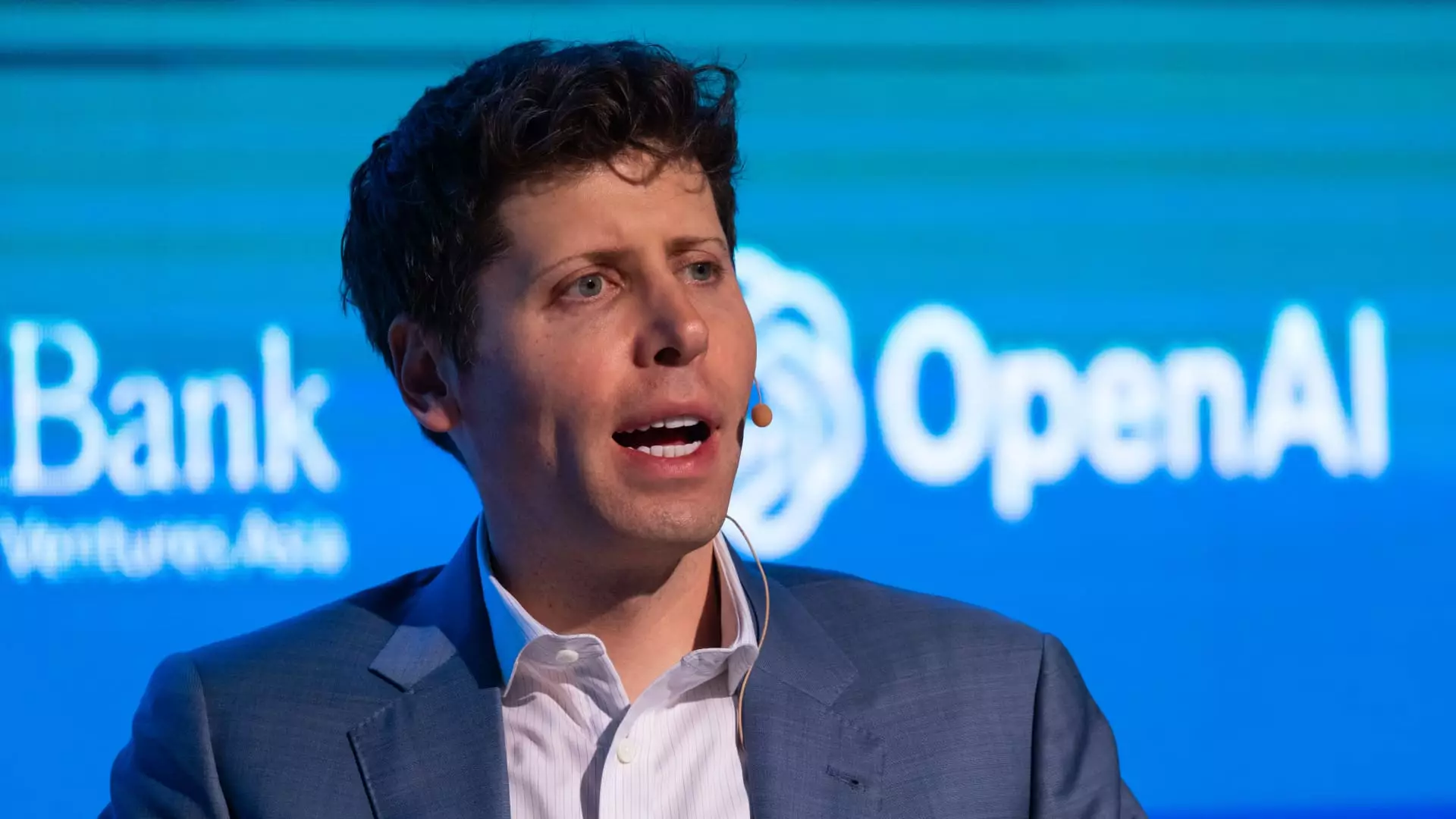The recent lawsuit filed by the Center for Investigative Reporting (CIR) against OpenAI and Microsoft highlights a growing concern within the news industry regarding copyright infringement. This lawsuit follows similar legal action taken by other publications, including The New York Times, Chicago Tribune, and the New York Daily News. The CIR accuses OpenAI of using their content without permission or compensation, raising questions about the ethical implications of AI-generated content.
The crux of the lawsuit revolves around the alleged copyright infringement by OpenAI, specifically regarding the unauthorized use of news stories to train its ChatGPT chatbot. The CIR claims that OpenAI copied, abridged, and displayed their valuable content without consent, thereby violating copyright laws. This accusation points to a larger issue of tech companies exploiting journalistic content for their own gain without adequately compensating the creators.
One of the key ethical concerns raised by the CIR is the lack of respect for copyright and intellectual property rights by OpenAI and Microsoft. By using journalistic works to train their AI models without permission, these tech giants are essentially profiting off the hard work of journalists without offering any compensation in return. This raises broader questions about the ethical boundaries of utilizing AI in content creation and the responsibilities of tech companies towards content creators.
The lawsuit also sheds light on the financial struggles faced by the news industry, as AI-generated content continues to challenge traditional revenue models. With advertising and subscription revenue dwindling, news publications are fighting to protect their businesses from being exploited by tech companies like OpenAI. The lawsuit seeks to hold OpenAI and Microsoft accountable for the damages caused by their unauthorized use of journalistic content.
While some news organizations are taking a confrontational approach by filing lawsuits against OpenAI, others are choosing to collaborate with the tech giant. Partnerships between OpenAI and publications like Time Magazine and News Corp. demonstrate a willingness to explore mutually beneficial arrangements for accessing and utilizing content. This raises questions about whether collaboration or litigation is the more effective strategy for protecting the interests of the news industry.
The lawsuit filed by the Center for Investigative Reporting against OpenAI and Microsoft highlights the complex relationship between the news industry and technology companies. The ethical, legal, and financial implications of AI-generated content pose challenges for both content creators and tech companies. As the debate over copyright infringement and intellectual property rights continues, it is essential for stakeholders to find a balance between innovation and respect for journalistic integrity.

